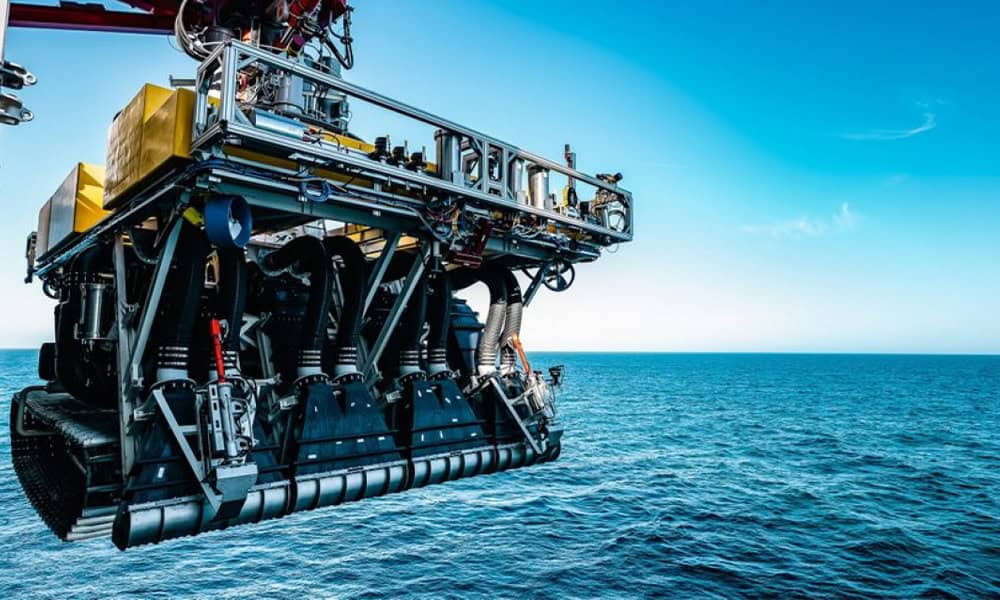The UN Ocean Conference began Monday in France with a call from Secretary-General António Guterres to prevent the ocean floor from becoming the “Wild West,” accompanied by criticism of the United States’ unilateral policy. This third United Nations Ocean Conference (UNOC), held in Nice on the French Riviera, features the participation of nearly 60 heads of state and government. They are set to debate issues such as deep-sea mining, plastic waste, and overfishing.
Among the attendees at this meeting, co-hosted by France and Costa Rica, is Brazilian President Luiz Inácio Lula da Silva. At the opening of the conference, Guterres argued that “the deep sea cannot become the Wild West,” following former U.S. President Donald Trump’s move to open the door to deep-sea mining.
Trump’s April announcement that he would expedite the review of applications for mining exploration and extraction beyond U.S. jurisdiction added urgency to the global debate over seabed exploitation. The International Seabed Authority (ISA), which governs the seabed in international waters, will meet in July to discuss regulations for deep-sea mining.
Guterres has expressed his support for these negotiations. Many countries oppose deep-sea mining, and France hopes to leverage this moment to rally support for a moratorium until more is known about the environmental impact.
Deep Waters Are Not for Sale
French President Emmanuel Macron called for “mobilization” to protect the oceans. “Deep waters are not for sale, just as Greenland, Antarctica, and the high seas are not for sale,” he said in a veiled reference to Trump, who once expressed interest in purchasing Greenland, a strategically located autonomous Danish territory.
Macron reiterated his call for a moratorium on seabed mining, a stance backed by about 30 countries. European Council President António Costa called it “essential.” The United States did not send a delegation to the meeting, where President Lula condemned what he called “the threat of unilateralism” looming over the ocean.
“We cannot allow what is happening to the sea to mirror what happened with international trade,” declared the Brazilian president.
Ratification Is in the Bag
France is aiming for more than 60 countries to sign a 2023 agreement that would turn into international legislation providing greater protection for the oceans. Macron stated that he had secured enough support and that ratification of the treaty is “in the bag.”
“To the 50 ratifications already deposited here in recent hours, 15 more countries have formally committed to joining,” the French leader declared. The French presidency did not specify which countries but said ratification would be finalized by the end of the year. NGO Greenpeace expressed cautious optimism.
“If true, we won’t believe it until we see all 60 ratifications. It would be the moment we’ve been waiting for — a major step for ocean protection,” it said. The treaty’s enactment is seen as crucial to achieving the globally agreed goal of protecting 30% of the world’s oceans by 2030.
Currently, marine protected areas (MPAs) cover just 8.4% of the oceans’ total surface. Several countries announced new marine protected areas — Greece and Spain declared protections for one-fourth of their waters — while others, like the United Kingdom, announced bans on bottom trawling in certain areas.
Recent UN conferences have struggled to find consensus and secure funding to combat climate change and other environmental threats. For many island nations, highly vulnerable to climate change, this meeting is an opportunity to keep pressure on wealthy countries.
“If you really want to protect the oceans, prove it,” said Palauan President Surangel Whipps Jr., who advocated for debt relief to allow countries like his Pacific archipelago to “invest in climate adaptation.”






